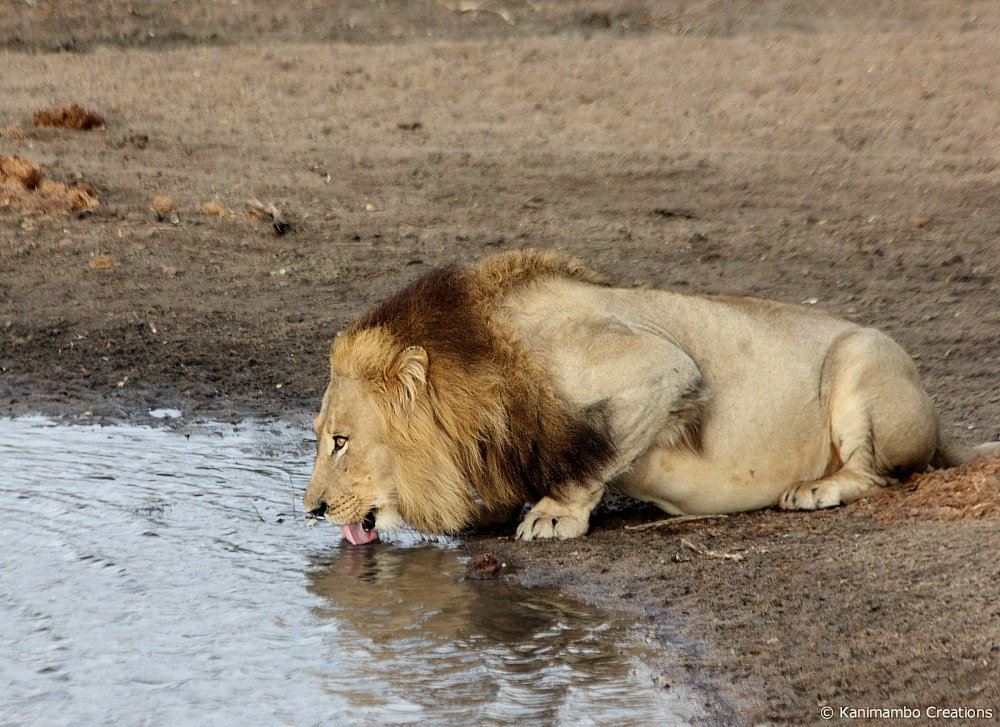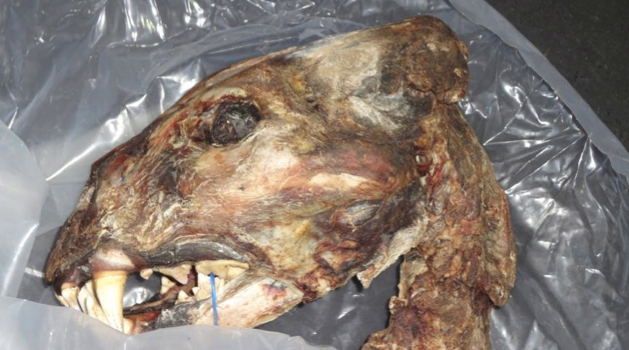
My blog calling for the abolition of CITES (http://www.cannedlion.org/blog/several-good-reasons-to-abolish-cites) has predictably provoked a furious response from some CITES apologists. This one is typical:
This is not a problem of the concept of CITES but rather a problem with the enforcement of CITES by the signatories of the treaty. As a conservation biologist I'm telling you that to say CITES should be thrown out is unbelievably irresponsible. If you have no CITES (or similar international checks on import/export of wildlife products) things WILL be catastrophically worse for many many endangered species and there will be no legal recourse. You need to focus on the corruption within the SA government.
Okay, so apart from the fact that I’m not a conservation biologist and therefore how dare I have an independent opinion on CITES, let’s take this little billet douce apart.
First can you really say with a straight face that there’s nothing wrong with the concept of CITES?
CITES is a trade organisation, and CITES officials never miss an opportunity to defend their irrelevance by pointing out that they are a trade body and not a conservation organisation.
So am I the only person in the conservation universe that finds it bizarre and ludicrous that national conservation policies all around the world are being determined not by a global conservation body but by a trade organisation?
Wouldn’t it be better if we abolished the trade organisation and replaced it with a supranational nature protection organisation? Wouldn’t that be more logical? And effective?
I could write a book on all the adverse impacts of measuring conservation through the narrow and oblique lens of trade? Trade regards nature as a commodity. All of nature is regarded as a mere resource to be harvested. Adopting an insane policy of sustainable use is intended to regulate trade flows ie don’t trade too much in the species or there won’t be any left to trade next year.
Second, looking at conservation through the narrow prism of a specialist academic field such as biology restricts your ability to see the bigger picture. To see the bigger picture and to produce policies with a depth of vision and a broad sweep of purpose requires a generalist - not a specialist.
For example, they don’t teach you about the problems of scale in biology. You would not know that an increase in scale of an organisation causes an increase in risk and inefficiency which is not linear, but exponential. Because of this CITES was doomed to fail at the outset.
At a plenary session of CITES, your lion conservationist will find himself sitting next to a Japanese piano maker whose concern has nothing to do with Lions and everything to do with availability of hardwoods. And there are, what, 5000 other people all wanting to be heard above the clamour? It is impossible.
The result is that decision-making moves into the wings in the form of horse trading ie “I’ll vote for that if you will vote for this.” Horse trading is certainly the essence of trading but it has f*ck- all to do with conservation. So lion conservation is traded away.
Third, you believe that without CITES legal recourse ‘things’ would be catastrophically worse. I beg to differ. Wildlife traffickers run rings around the CITES bureaucracy. By its mere existence CITES is counter-productive, because conservationists tend to leave it to CITES to make policy decisions for them, instead of taking effective, independent and proactive measures to counter known threats.
CITES has become a substitute for true conservation; a false God worshipped by specialists and other conventional thinkers.
I appreciate that I’m a lone voice crying in the wilderness and that the conservation herd is marching to the CITES tune, but that doesn’t mean that I’m wrong.
20 years ago I was campaigning for the SA government to ban lion farming because it had nothing to do with conservation; it institutionalised routine cruelty to helpless animals, and it would eventually adversely impact wild lion populations. At the time I was regarded by SA conservationists as a fringe extremist. Now however, the whole conservation herd is singing from that hymn sheet.
I have little doubt that what starts off with free thinking by independent generalists will eventually become the prevailing paradigm, and then CITES will be toppled and replaced by a proper supranational conservation organisation.
We do not need a trade protection body; we need a Nature protection organisation.

